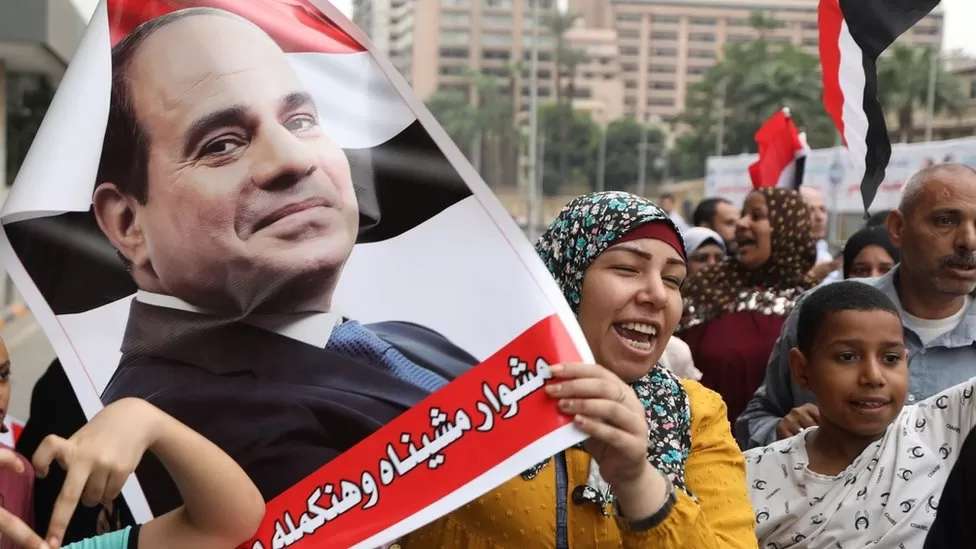A teenage Iranian girl who fell into a coma after an alleged altercation with morality police is now considered to be "brain dead", state media say.
Armita Geravand, 16, collapsed after boarding a Tehran metro train on 1 October.
Activists accused morality police of assaulting her for not wearing a hijab, but authorities insisted she fainted.
There was no immediate confirmation of Armita's condition from her parents or activists.
The teenager is being treated at Tehran's Fajr hospital under tight security.
Many Iranians have drawn parallels with the case of Mahsa Amini, a young woman who died in custody in September 2022 after being detained by morality police in Tehran for allegedly wearing her hijab "improperly".
Witnesses said she was beaten by officers, but authorities attributed her death to pre-existing medical conditions.
Anti-government protests, which are still taking place, erupted across the country when Amini died after three days in a coma. Hundreds of people have been killed and thousands detained in a violent crackdown by security forces.
CCTV footage released by Iranian authorities shows Armita Geravand, with her hair uncovered, boarding a train at Tehran's Shohada station with two other girls. Moments later, one of the girls backs out of the train and bends down.
She and several other passengers are then seen carrying an unconscious Armita by her arms and legs before laying her down on the platform.
No footage from inside the train or the entrance to the station was released.
Human rights group Hengaw, which focuses on Iran's Kurdish ethnic minority, alleged that Armita was "physically attacked by authorities... for what they perceived as non-compliance with the compulsory 'hijab'". "As a result," it added, "she sustained severe injuries."
However, the managing director of the Tehran metro denied that there was "any verbal or physical conflict" between Armita and "passengers or metro executives".
Hengaw later posted on social media what it said was a photo of Armita unconscious in hospital. The picture showed a girl lying on her back in a bed with a bandaged head and attached to what appeared to be a breathing tube.
On Sunday, state broadcaster IRINN reported that "follow-ups on the latest health condition of Armita Geravand indicate that her health condition as brain dead seems certain despite the efforts of the medical staff".
Eight days ago, Hengaw had said the teenager remained in a coma and that her condition showed no signs of improvement.
In a separate development on Sunday, a Revolutionary Court handed lengthy prison terms to two female journalists who reported on Mahsa Amini's death last year.
Niloufar Hamedi and Elaheh Mohammadi were sentenced to seven years and six years in prison respectively after being convicted of "collaborating with the hostile American government" and "colluding against national security", state news agency Irna said.
The women denied the charges and insisted that they were just doing their jobs.
Ms Hamedi, a journalist with the Sharq newspaper, photographed Mahsa Amini's father and grandmother hugging each other in hospital after learning of her death. She posted it on Twitter with the caption: "The black dress of mourning has become our national flag."
Ms Mohammadi, a reporter with the Hammihan newspaper, published a story about Ms Amini's funeral in her hometown of Saqqez. She described how hundreds of mourners cried out "Woman, life, freedom", which became one of the main slogans of the protests.








